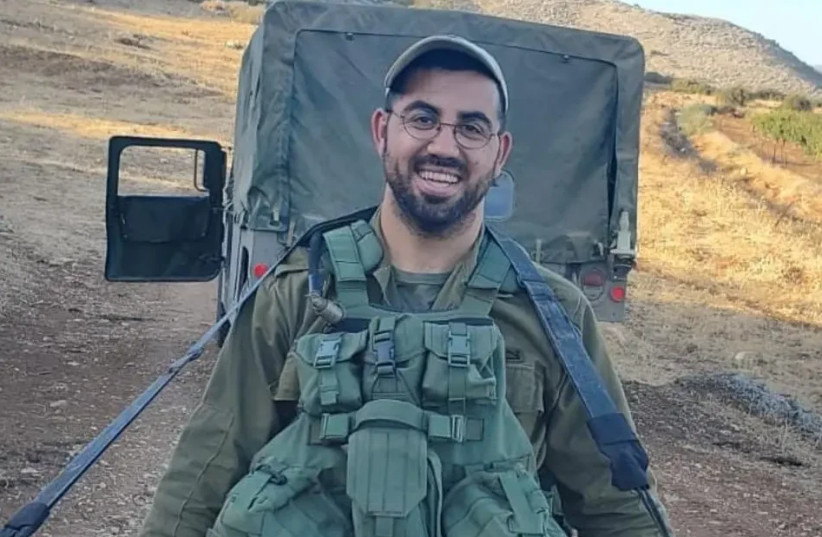Laly Deri, mother of Sgt.-Maj. (res.) Saadia Yaakov Dery, gave a poignant reflection on Facebook about the profound impacts the haredi draft law has and the far-reaching consequences of military service just days before her son was tragically killed.
“Equality in the burden of enlistment doesn’t tell the whole story. Actual enlistment is the important thing, but something much more essential here,” she explained. She emphasized that the death or injury of any soldier resonated deeply with their family, friends, and community.
On Facebook, Laly Dery commented about the profound impacts the Haredi draft law had and the far-reaching consequences of military service. She emphasized that the death or injury of any soldier resonated deeply with their family, friends, and community.
“Every soldier has circles: parents and siblings, a partner and children, neighbors and students, classmates and friends. All these circles are deeply affected when a soldier is killed or wounded. From that moment on, they will not live as they did before.”
Laly Deri’s post continued to discuss the more significant implications and the need for understanding it to its core by truly feeling for military service. She wrote of the heavy emotional toll that is borne by the soldiers’ families and communities.
He served in the 9203 Battalion in the Alexandroni Brigade. At his side fell in combat, Sgt.-Maj. (res.) Omer Smadga, 25, of Ganot Hadar. Three other soldiers were severely wounded in that incident and were evacuated to the hospital for continued medical treatment.
Unfortunately, Saadia- the epitome of the commitment his mother was talking about- was killed serving his country a short time after her status.
Laly Dery's post continued to discuss the more significant implications and the need for understanding to its core by truly feeling for military service. She wrote of the heavy emotional toll that is upon the families and communities of the soldiers.

“The real possibility to participate with the public, to feel sorrow in its sorrow and rejoice in its joy, can only come from a deep understanding of what they are going through, from a sincere experience that things directly affect me as well,” she said.
Deri underlined that this understanding should be more than external identification with the cause. Over the years, the haredi (ultra-Orthodox) draft law has been one of those contentious issues in Israeli politics that has brought division within Israeli society. According to the Israeli press, Omer Smadga is the son of Oren Smadga, a former judoka who was an Olympic medalist and had been a coach to Israel's judo team at the Olympics. Oren celebrated his 54th birthday a day before the death of his son and announced his gratitude on Facebook in a post that ended by saying, "Amen, may everyone return home. Am Yisrael Chai."
The Haredi Draft Law
The law, however, has met powerful opposition from the haredi community, which firmly holds to the premise that Torah study should be available as an alternative military service. The government this past week has seen itself in yet another wave of debates over the draft law.
In response, Defense Minister Yoav Gallant angrily said that, “instead of the government devoting hours to reach an arrangement for the soldiers, we sit here for hours and argue for the voters.”
The idea behind the legislation is to balance between the need for military personnel and the principle of equality, but it has faced legal and political impediments. This is why the previous legislation expired in June 2023; since then, there has been a legal vacuum, and consequently, disputes on how to handle the conscription of haredi men.
The government is preparing a new draft bill with some material changes, including lowering the age of exemption and introducing financial sanctions against yeshivot that do not reach recruitment targets.
The social and cultural challenges have introduced themselves in working towards assimilating people from diverse communities into the national fabric of Israel. This is more poignantly evident from Laly Deri’s post and how these policies influence people and their families.
